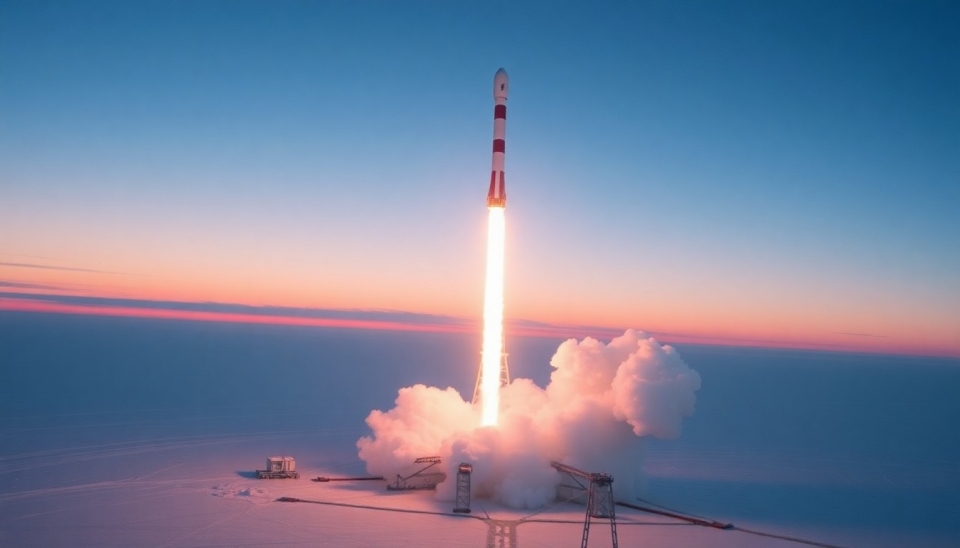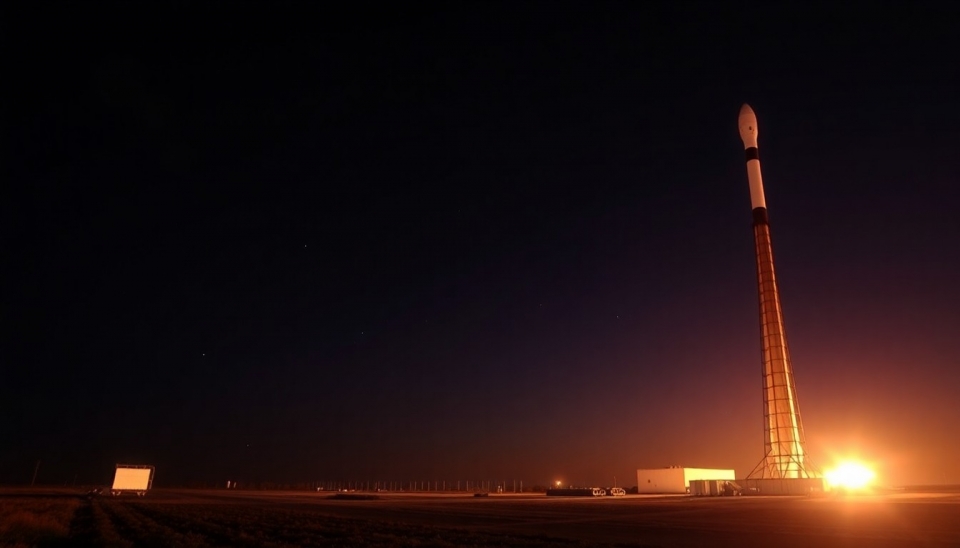
In a rapidly evolving aerospace sector, SpaceX, the pioneering private spaceflight company founded by Elon Musk, is beginning to encounter substantial competition. This shift is significant as a number of new players have emerged, challenging SpaceX's stronghold in the commercial space launch market. The competition is driven by advancing technology, decreasing launch costs, and a growing global interest in space exploration and satellite deployment.
One of the most notable competitors is Amazon's Project Kuiper, which is gaining traction in the satellite internet space. Project Kuiper is designed to compete with SpaceX's Starlink service, aimed at providing high-speed internet globally, particularly in underserved regions. With Amazon's vast resources and expertise in logistics and technology, many industry analysts predict that this initiative could threaten SpaceX’s market share.
Furthermore, the recent success of other companies, such as Rocket Lab and Blue Origin, is contributing to a more vibrant and competitive landscape. Rocket Lab has made strides with its Electron rocket, focusing on dedicated small satellite launches, while Blue Origin is making headway with its New Shepard and New Glenn vehicles aimed at various space missions, including suborbital tourism and heavier payloads.
This changing dynamic could have significant implications for pricing and innovation. As competitors enter the fray, the traditional model of launch pricing may be challenged, potentially benefiting satellite operators and customers through reduced costs and improved access to space. SpaceX will need to adapt its strategies in order to maintain its leadership position in an increasingly crowded market.
To further complicate the competitive landscape, nations worldwide are expanding their space ambitions. Countries such as India and China are ramping up their space programs and commercial initiatives, aiming to secure their own foothold in the burgeoning space economy. These national programs could offer alternative launch options for entities looking beyond just SpaceX.
Despite these challenges, SpaceX continues to innovate, with ongoing advancements in its Falcon 9 and Starship programs. The company is also heavily involved in ambitious missions, including NASA's Artemis program, which seeks to return humans to the Moon and establish a sustainable presence there. SpaceX's partnerships with governmental agencies provide a robust foundation that may help it weather the encroaching competition.
The coming years will be critical for SpaceX as it navigates this new competitive landscape. The responses and strategies it adopts may very well dictate its longevity and continued success in the burgeoning space economy.
As the competition heats up, industry watchers are eager to see how SpaceX will respond to retain its edge in what has become a fiercely contested arena, pushing the boundaries of innovation, safety, and affordability in space travel.
#SpaceX #Aerospace #Competition #RocketLab #BlueOrigin #SpaceIndustry #NASA #SpaceEconomy #Innovation
Author: Emily Collins




